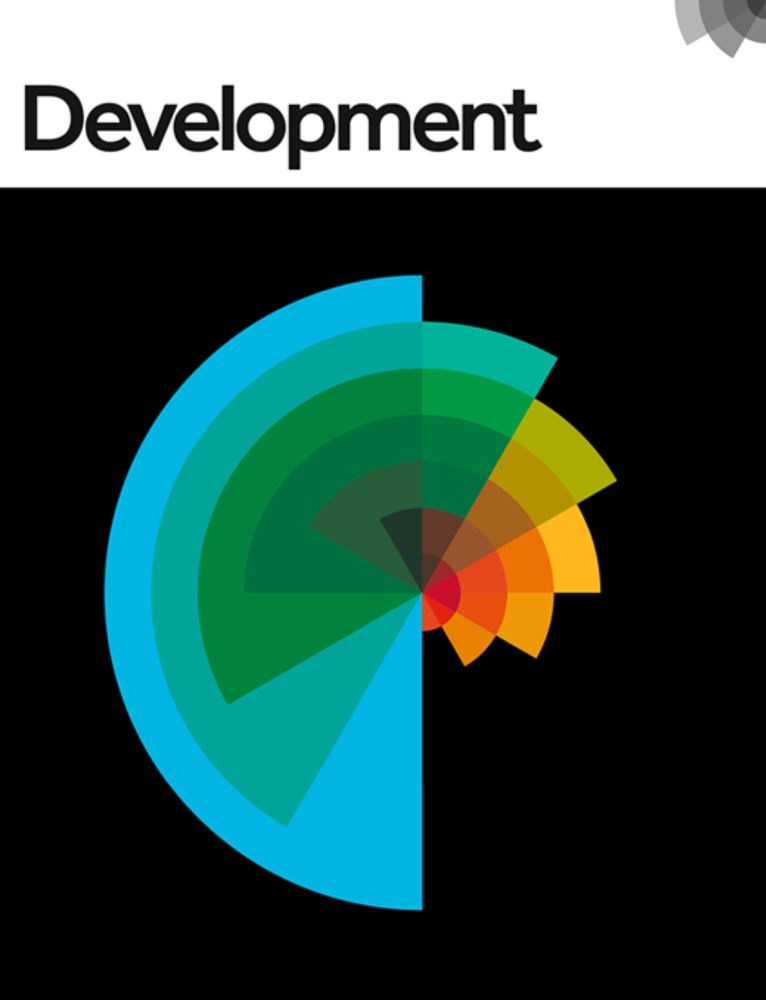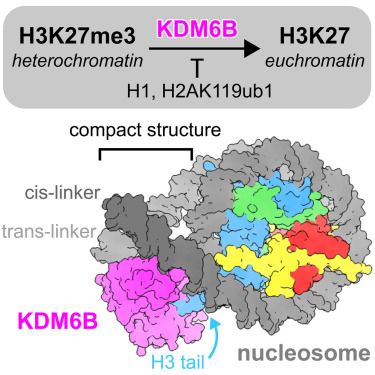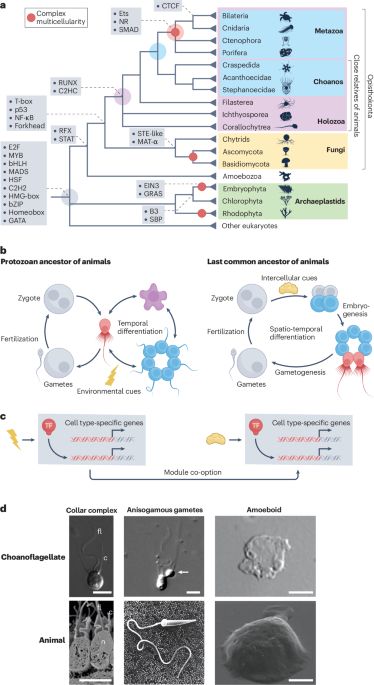

There's no better day than #WorldCancerResearchDay to register for our next virtual conference, Patient Involvement in Cancer Research! Learn how to make your research better and more impactful. Registration closes on Monday.
Learn more: eacr.org/conference/p...
24.09.2025 11:03 — 👍 4 🔁 2 💬 0 📌 0

EACR members! Join us for an interactive workshop on scientific publishing, where expert scientific editors will guide you through the essential steps of getting your research into the academic spotlight.
📅 29 September, 14:00-15:30 CEST
🌍 Zoom
us02web.zoom.us/meeting/regi...
04.09.2025 08:00 — 👍 3 🔁 4 💬 0 📌 0

Stand out in your career & boost your research impact 💥
Funders & journals now expect real patient involvement. Join this event to get practical insights to collaborate better & future-proof your research.
Registration closes 29 Sept - don’t miss it! 👉 eacr.org/conference/p...
17.09.2025 18:01 — 👍 2 🔁 3 💬 0 📌 0
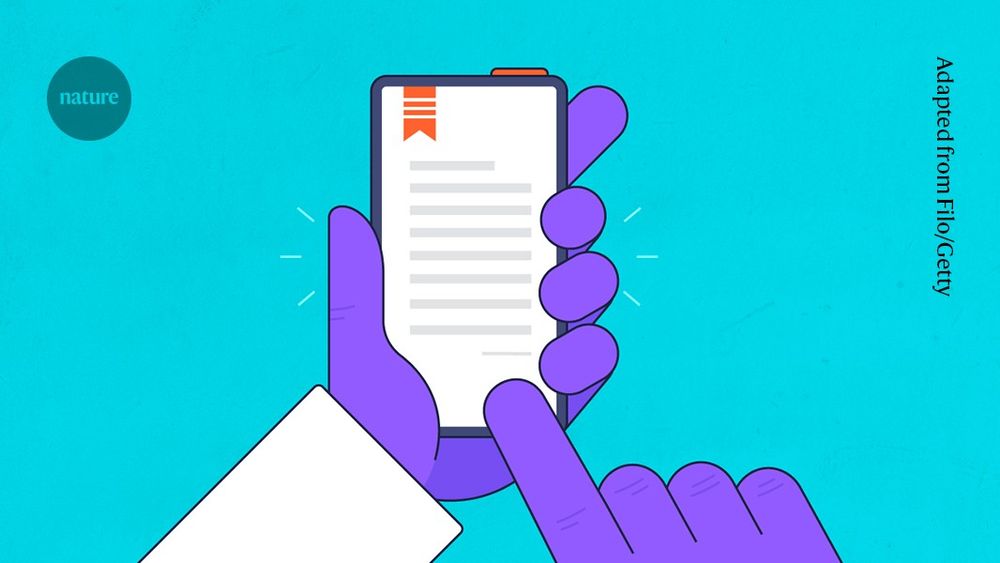
Why scientists are flocking to Substack
A new generation of researchers is using the platform to build audiences and monetize their knowledge.
Nature Careers reports on how a new generation of researchers are using Substack as a way to build audiences and monetize their knowledge. #Academicsky 🧪
08.09.2025 16:03 — 👍 8 🔁 6 💬 0 📌 0

Join us this November in Bergamo to help shape the future of early-onset cancer research!
We're excited to bring you this brand new conference topic, exploring the biology, causes and detection of cancer in younger patients.
In partnership with @themarkfdn.bsky.social 💙
eacr.org/conference/m...
12.03.2025 14:48 — 👍 13 🔁 9 💬 0 📌 2
We used ~normal human mammary epithelial cells (HMECs) to test CDH1 loss (modeling ILC) vs inhibiting E-cadherin, i.e. genetic suppression vs signaling block, to define how CDH1 loss is fundamentally different that 'simply' losing E-cadh mediated cell contacts. I.e. is this ~EMT, or not? 2/n
25.06.2025 17:26 — 👍 2 🔁 1 💬 1 📌 0
As we learn more re CDH1 loss-induced lineage reprogramming, we can develop new risk assessment strategies for benign ILC precursors, build prevention strategies, and target "truncal" effects of CDH1 loss in overt ILC to target the changes that likely are important in every single cancer cell. 5/5
25.06.2025 17:26 — 👍 4 🔁 1 💬 0 📌 0
So CDH1 loss causes a lineage remodeling in normal HMEC, locking cells in a new luminal progenitor-like state. This may explain why nearly all ILC are luminal-type (i.e. ER+) and point to CDH1 loss as a critical "bottleneck" in breast oncogenesis specific to ILC. 4/n
25.06.2025 17:26 — 👍 5 🔁 1 💬 1 📌 0
We did a thing w @jostrander.bsky.social!
Over the last few years, we took a new direction into #lobular breast cancer oncogenesis. We know loss of the gene CDH1 (E-cadherin) is central to ILC, and is among its earliest oncogenic events. But why? How does this push normal breast toward cancer? 1/n
25.06.2025 17:26 — 👍 10 🔁 4 💬 1 📌 1
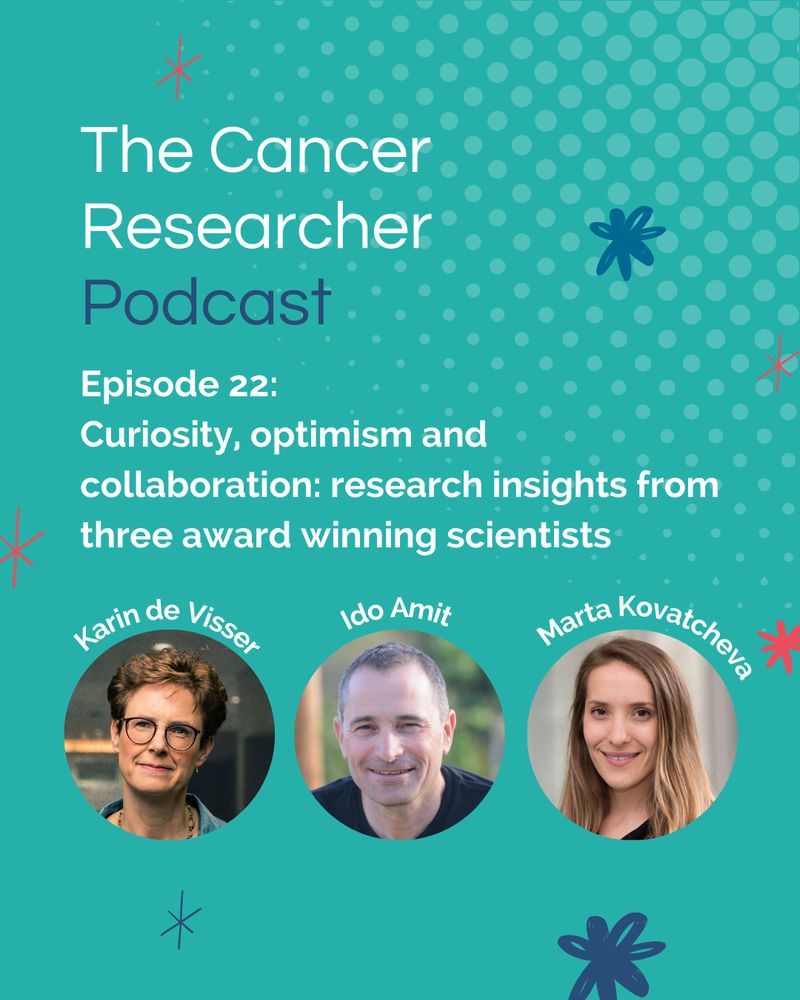
🚨 New podcast episode!
In this insightful and honest conversation, award winners Karin de Visser, Ido Amit and @martakova.bsky.social talk about their research, career journeys, and excitement for the future of cancer research:
magazine.eacr.org/curiosity-op...
14.05.2025 07:01 — 👍 11 🔁 4 💬 0 📌 1
If you're traveling this weekend (like I will for the EACR Congress in Lisbon) this is a great way to learn something new while waiting on trains and airports. The Cancer Researcher Podcast is available on all major podcast platforms!
12.06.2025 11:44 — 👍 6 🔁 1 💬 0 📌 0

As part of the Cancer Researchers to Watch – An Early Career Showcase, the EACR Early Career Researchers Council took a moment to brainstorm with the early-career EACR members in the audience strategies that would better support the next-generation cancer scientists.
#EACR2025
15.06.2025 17:13 — 👍 8 🔁 2 💬 0 📌 1

What a wonderful week we’ve had here together in Lisbon for #EACR2025! Thank you to everyone who attended, presented at and helped organise this fantastic event. Sign up here for updates about EACR 2026 in Budapest… 👀 eacr.us5.list-manage.com/subscribe?u=...
19.06.2025 13:08 — 👍 19 🔁 6 💬 0 📌 0


Full house to attend to Eileen White keynote lecture on Cancer Metabolism with special focus on cancer cachexia! #EACR2025
17.06.2025 16:43 — 👍 12 🔁 2 💬 0 📌 0

How do tumors escape immune system?
Outstanding presentation Prof. Karin de Visser honored with the Pezcoller–Marina Larcher Fogazzaro–EACR Women in Cancer Research Award 2025.
A truly inspiring opening to #EACR25
16.06.2025 17:07 — 👍 5 🔁 0 💬 1 📌 0

Are you preparing for an upcoming interview in a science-related field? Don't miss our next interactive workshop is designed to equip you with the skills you need.
📅 09 June at 15:00216:30 CET
🌍 Zoom
us02web.zoom.us/meeting/regi...
20.05.2025 11:02 — 👍 3 🔁 4 💬 0 📌 0

We’re campaigning to #KeepResearchCurious because early-stage, curiosity-driven cancer research is the cornerstone of future medical breakthroughs 🔍 #EWAC2025
26.05.2025 08:01 — 👍 14 🔁 5 💬 0 📌 0
New @nature.com
An ingenious way to track DNA replication patterns at the single-cell level that leads to cell heterogeneity and daughter cells that can potentially give rise to cancer
www.nature.com/articles/s41...
21.05.2025 17:17 — 👍 228 🔁 45 💬 3 📌 3
Beautiful work from 🇨🇭@neuroxepfl.bsky.social #EPFL #CHUV
12.05.2025 06:36 — 👍 70 🔁 8 💬 0 📌 0
The Zebrafish Information Network (ZFIN) is the database of genetic and genomic data for the zebrafish as a model organism. ZFIN provides a wide array of expertly curated, organized and cross-referenced zebrafish research data.
Find us at https://zfin.org
Microscopist 🔬 and spatial omics specialist at @EPFL BIOP and histology facilities. I love singing 🎵, improv theater, and tea🍵 she/her
https://go.epfl.ch/spatial
Leading research publisher empowering researchers, educators, and health professionals with our trusted brands for 180+ years. #BePartOfProgress
https://group.springernature.com/gp/group
Site notice http://bit.ly/2oAyLi1
A scientific journal publishing cutting-edge advances at the intersection of the life and physical sciences. Posts by the editors.
Principal Investigator at University College London
Institute of Ophthalmology
Diabetes UK & Moorfields Eye Charity RD Lawrence Fellow
Retina, vasculature, diabetes, AMD, pericytes, LRG1 and more...
Tenure Track Assistant Professor @epflSV; @HFSP postdoctoral fellow; First-gen graduate student
A growing coalition championing state-backed biomedical research in New York—advancing discovery, education & new therapies for real-world impact. www.nycures.org
The Louis-Jeantet Foundation seeks to further the cause of medicine by funding European biomedical research. www.jeantet.ch/en
The ISSCR is a global, nonprofit organization that promotes excellence in stem cell science and applications to human health. www.isscr.org
feeds: biorxiv, medrxiv, arxiv.q-bio, arxiv.cs, arxiv.math, Research Square
regex: '(single(- )(cell|nuclei)|s[cn]RNA-seq)'
If you have suggestions, please get in contact with @willmacnair :)
PhD student in Biology, specialization in physiology.
Molecular Mechanisms of Disease Laboratory at CE3C - Faculty of Sciences at University of Lisbon
This is the official bsky of the BSDB. We aim to advance research and teaching in those aspects of animal and plant biology that are connected with developmental processes.
Join the British Society for Developmental Biology at http://bsdb.org
FocalPlane is a community site for anyone with an interest in microscopy. Hosted by Journal of Cell Science (@jcellsci.bsky.social) and The Company of Biologists (@biologists.bsky.social).
https://focalplane.biologists.com/
A preprint highlights service run by the biological community and supported by The Company of Biologists (@biologists.bsky.social).
This is the official account for the Society for Developmental Biology. Skeets on all the latest Dev Bio news, meetings and science! www.sdbonline.org
The Alliance of Genome Resources supports biological science via data integration, standardization of data models and interfaces, and unified outreach.
Find us at https://www.alliancegenome.org.



